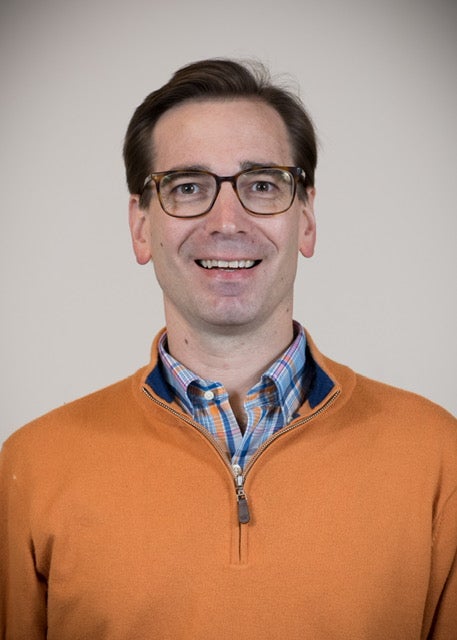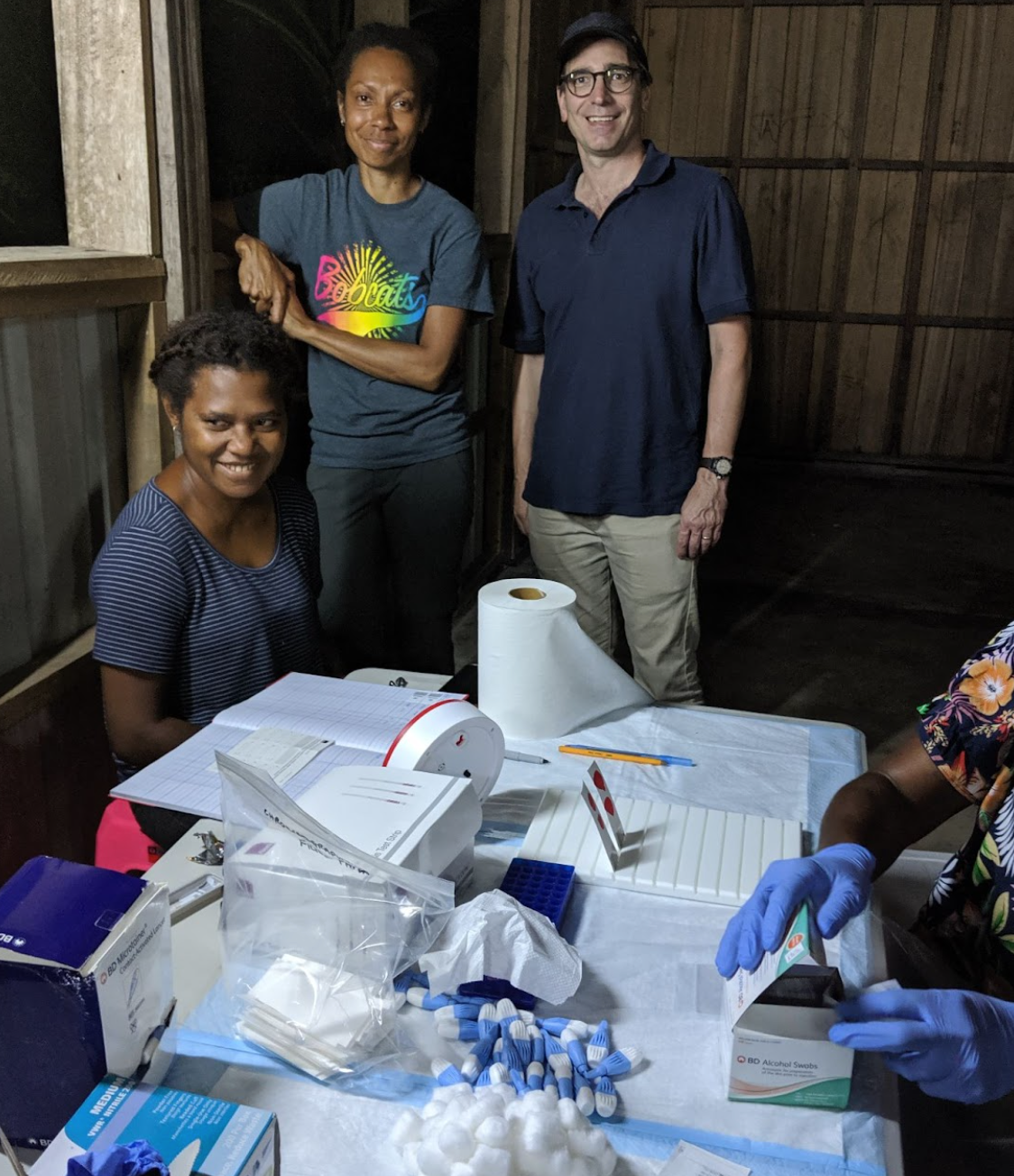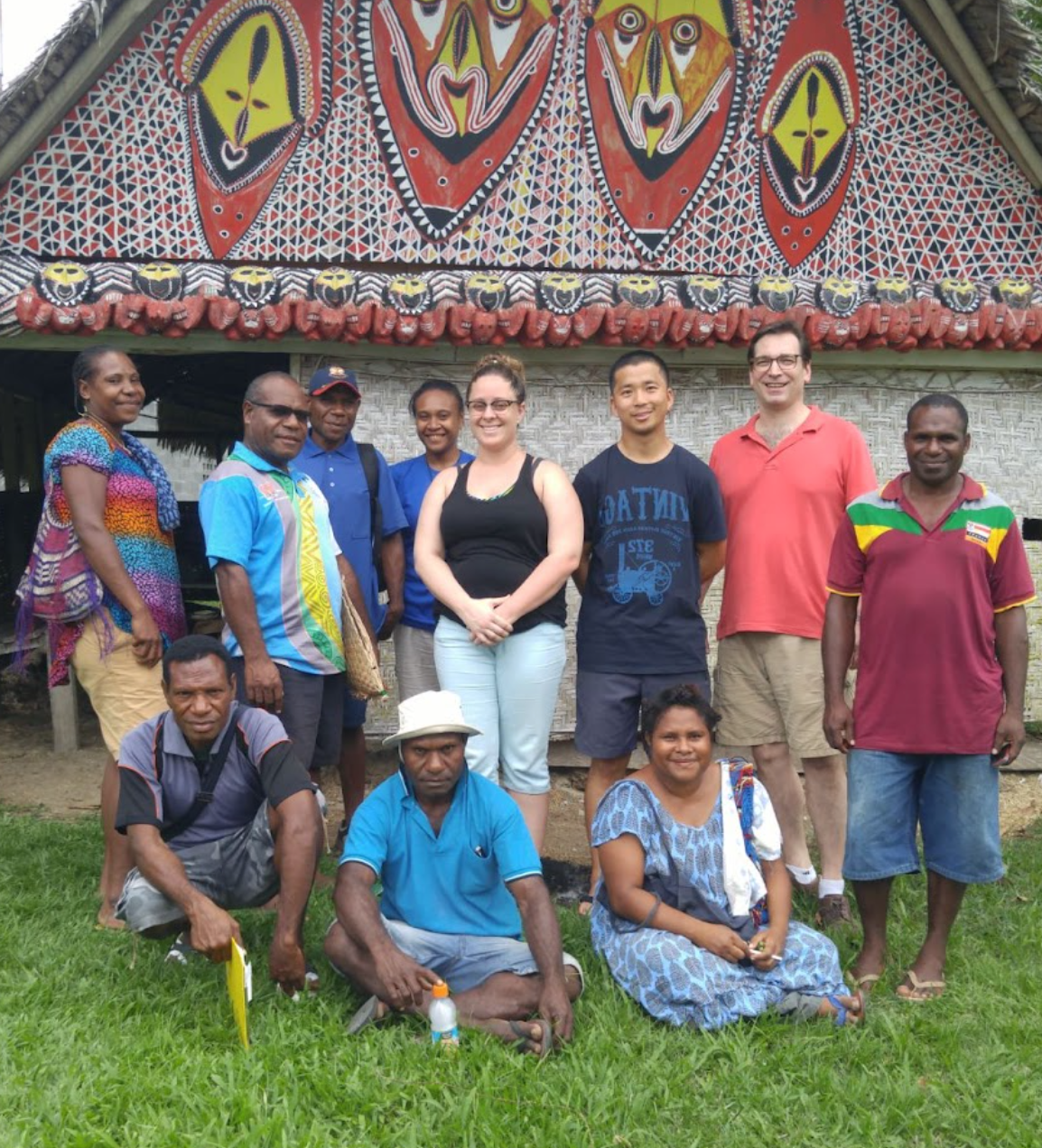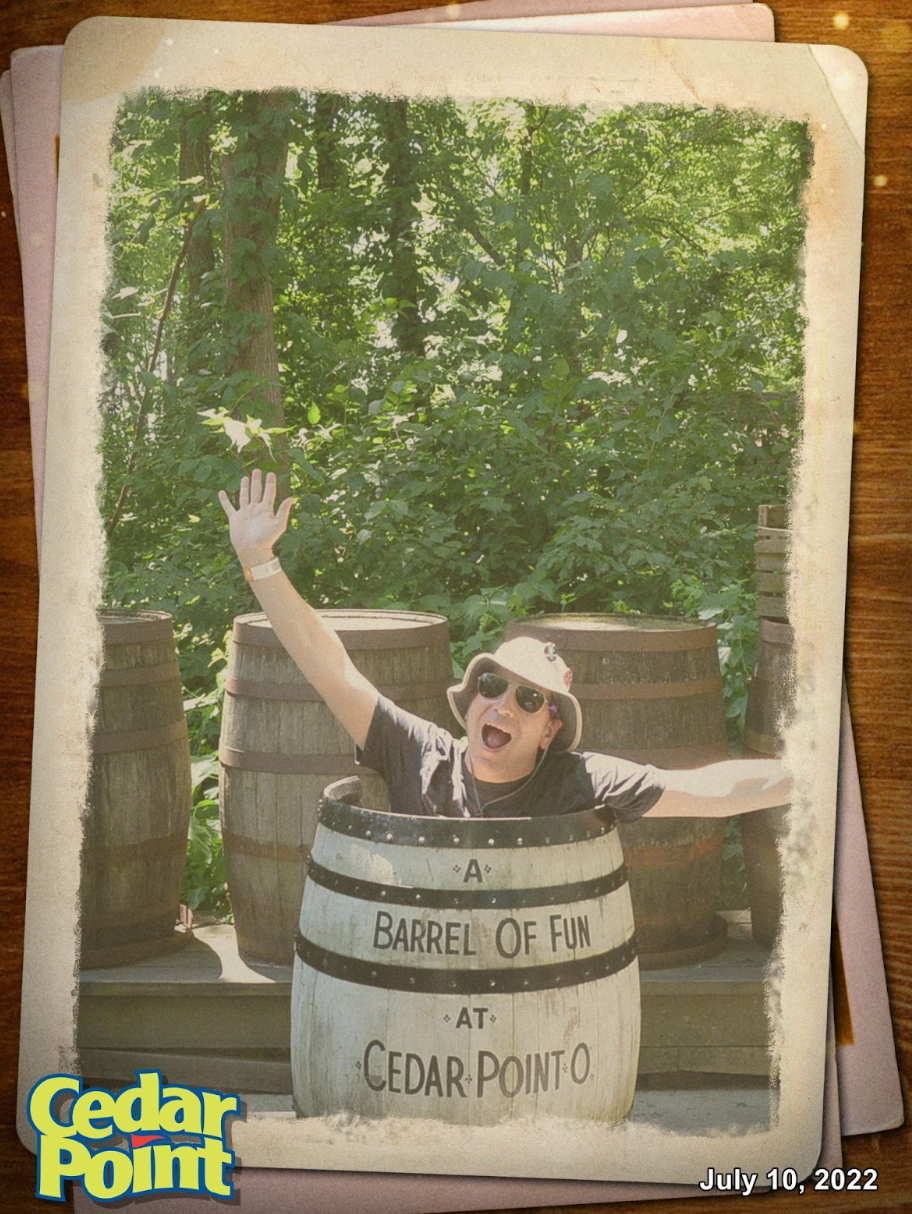A Personal Connection to Research Fuels Dr. Tisch’s Health Disparities Research
Dr. Daniel Tisch, Associate Professor, Department of Population and Quantitative Health Sciences in the Case Western Reserve University (CWRU) School of Medicine, has always been inspired by science and scientists. As he approached college, he had a tough decision–to study music or biology. His father provided perspective to guide this important decision. His father noted that Dr. Tisch could still enjoy music as a scientist while performing his trombone in a variety of ensembles. In contrast, a professional musician performing science would be unlikely.
Dr. Tisch transferred from his initial college program to an elite, research-focused degree program in Scotland. “By transferring programs, I was able to access a lab-focused program that brought me to Zimbabwe in southern Africa to work on neglected tropical diseases,” Dr. Tisch said. Dr. Tisch also shared that he received excellent mentoring as an undergraduate student, where he gained field experience and could demonstrate processes and connections to individuals and the community. “Through meaningful collaborations, I understood the importance of human connection and community to align research and health,” Dr. Tisch added.
Health disparities research training typically starts in a public health program, which was the case for Dr. Tisch’s journey. “Public health training provides the best framework and skillset to understand the complex issues of health inequality and to meaningfully respond to these disparities," Dr. Tisch explained. While studying epidemiology in his Master of Public Health degree training, he began to appreciate differences in health outcomes and worked to understand and address those differences to eliminate barriers to health.
Not wrought without challenges, Dr. Tisch detailed what makes health disparities research complex. “Research requires us to be engaged with all of our stakeholders. That continuous engagement requires a thoughtful approach and collaborative process. It can be challenging to maintain that level of engagement and relationship-building, but this is essential to achieve our vision for healthy people and thriving communities,” Dr. Tisch added. Dr. Tisch suggested that research collaborations can assist with building community partnerships–citing Case Western Reserve University as being at the forefront of community collaboration and partnerships to support those mechanisms.
Researchers are resilient and innovative by nature. Dr. Tisch is energized by possibilities born from new and exciting collaborations–locally and globally. “By bringing a wide variety of researchers together with different experiences and fields of expertise, we’re able to address gaps in research in new and creative ways,” Dr. Tisch said. These diverse perspectives help inform a holistic research approach to best address complex and meaningful questions in medical research. In this manner, we begin to unravel barriers to health in communities, notably underrepresented populations. “COVID-19 has brought to the forefront of people’s awareness some of the barriers to health, including increased awareness about the impact of racism on health. Society is now recognizing the importance of Public Health to address these longstanding inequities of health in our communities and world.
Dr. Tisch received support from the CTSC in 2020 to collaborate with co-PI, Dr. Aaron Goldenberg, Professor and Vice Chair, Department of Bioethics, CWRU School of Medicine, to study the ethical, social, and regulatory issues of research during the COVID-19 pandemic.
Fast Five
- Favorite thing to do in Northeast Ohio: Cedar Point is a jewel of northeast Ohio with over 150+ years of history. One of the top roller coaster parks in the world. When I teach cholera, we talk about Sandusky where there was a cholera outbreak in the 1800s. Students are fascinated about local public health history, especially in a location where they can enjoy recreation. Cleveland Orchestra is spectacular and I attend every Cleveland Orchestra performance at Blossom Theatre.
- Favorite research innovation: Cellular phone technology. Until relatively recently, my public health research in rural areas such as Papua New Guinea had no effective mechanism of communication across field sites or with collaborators. Cell phones have revolutionized research and communication. In addition, they have vastly improved the quality of life within these communities.
- Favorite restaurant: My home kitchen (I enjoy home-cooked meals with family.)
- Favorite place to go in Northeast Ohio: The Cleveland Museum of Art is one of the world’s best museums and I enjoy the collections and proximity to Case’s campus. It is a treasure within Cleveland.
- If I wasn’t a researcher, I’d be a… professional trombonist in the Cleveland Orchestra.





